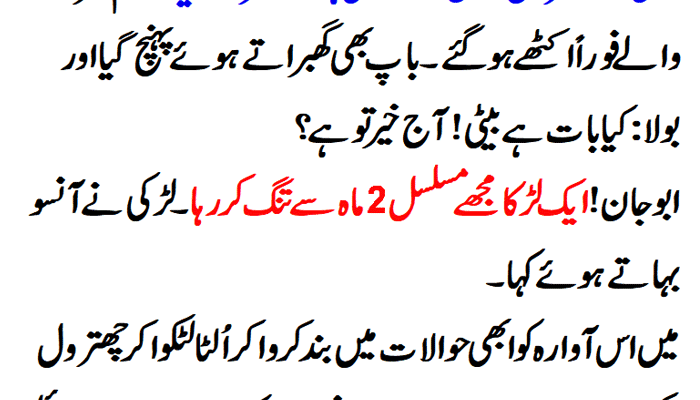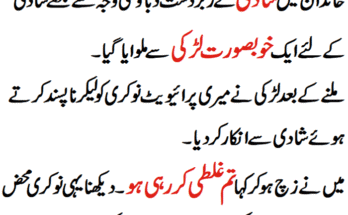The age-old debate about intelligence and gender has sparked numerous discussions, with opinions varying widely. While both men and women have unique cognitive strengths, there’s a growing body of evidence suggesting that women may indeed have some surprising advantages when it comes to brain function. In this exploration, we’ll delve into the intriguing realm of neuroscience and uncover some surprising facts about the sharp female brain.
**1. Brain Size Doesn’t Equal Intelligence:
Contrary to the common belief that a larger brain equates to higher intelligence, studies have shown that the relationship between brain size and cognitive ability is more nuanced. While men tend to have larger brains on average, it is the structure and connectivity within the brain that play a crucial role in determining intelligence. Women often demonstrate greater connectivity between the left and right hemispheres, fostering enhanced communication between brain regions.
**2. Grey Matter vs. White Matter:
The brain is composed of grey matter, responsible for processing information, and white matter, which facilitates communication between different brain regions. Research indicates that women tend to have a higher ratio of grey to white matter compared to men. This difference may contribute to women’s proficiency in tasks requiring intricate processing and analysis of information.
**3. Multi-Tasking Prowess:
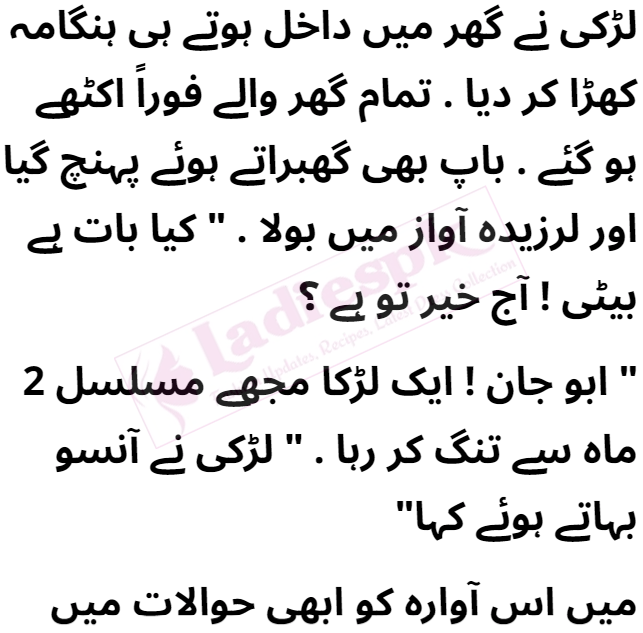


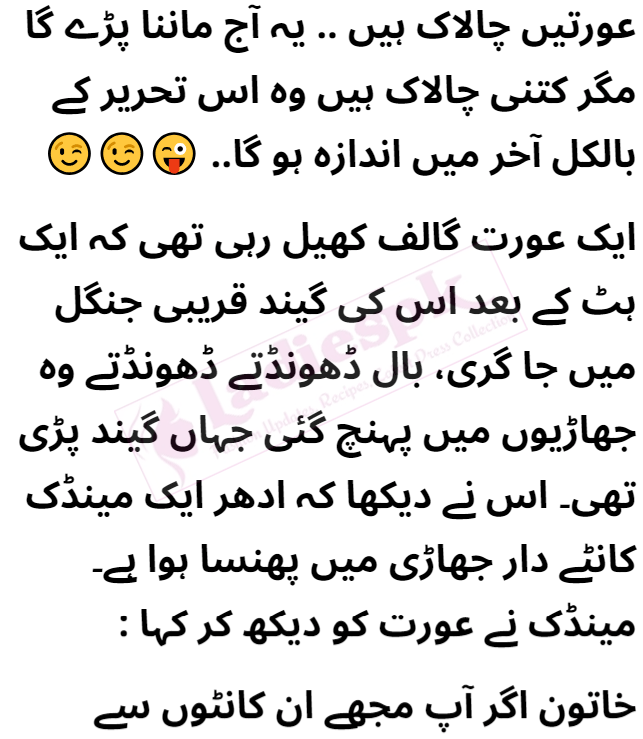
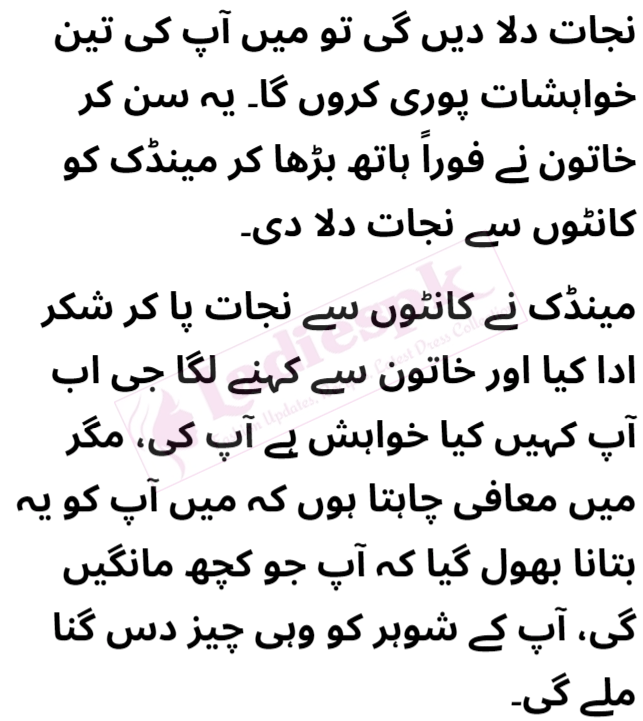
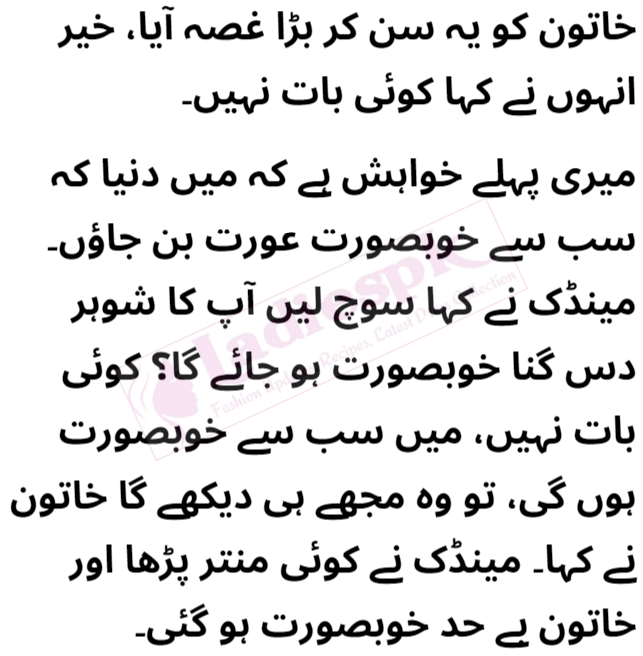
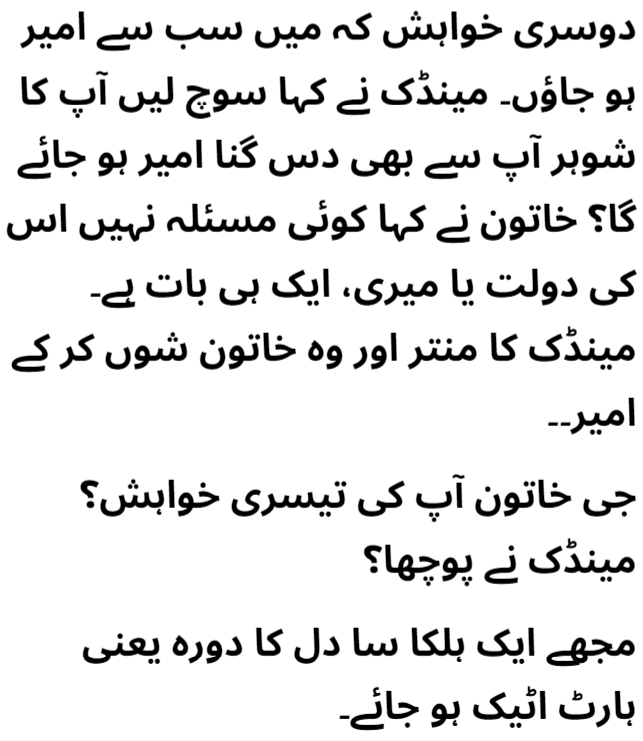
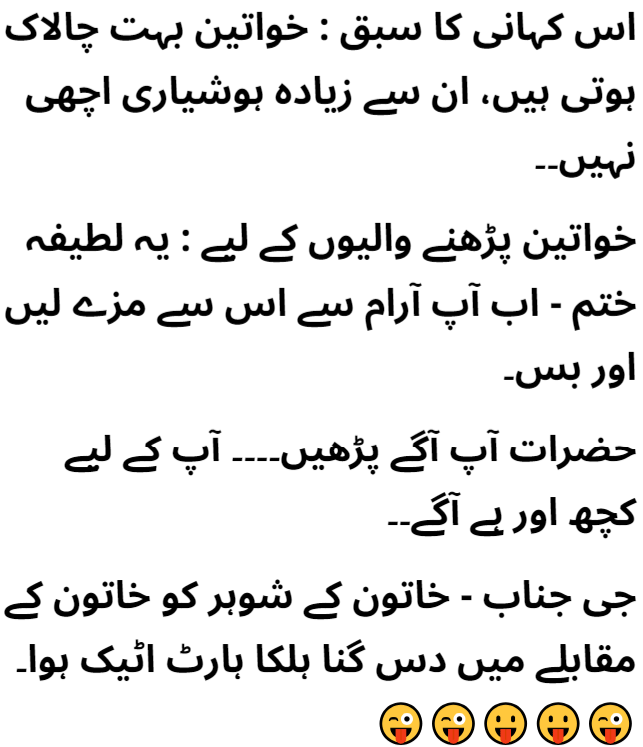
The stereotype of women being superior multitaskers might have some scientific backing. Studies suggest that women exhibit greater proficiency in juggling multiple tasks simultaneously. This ability is attributed to the brain’s capacity to efficiently switch between tasks and manage various cognitive demands, showcasing the adaptive nature of the female brain.
**4. Verbal Communication Skills:
From an early age, girls often show a preference for verbal communication, and this inclination continues into adulthood. Research indicates that women tend to have a more extensive vocabulary and superior language skills, possibly linked to the increased size and connectivity of the brain’s language centers.
**5. Emotional Intelligence:
The concept of emotional intelligence involves understanding and managing one’s emotions and perceiving and navigating the emotions of others. Studies propose that women generally score higher in emotional intelligence, reflecting an enhanced ability to empathize and connect emotionally. This proficiency may contribute to better interpersonal relationships and social dynamics.
**6. Memory Mastery:
When it comes to memory, women may have the upper hand. Research suggests that females often outperform males in tasks related to verbal and episodic memory. This advantage could be associated with the structural and functional differences in the hippocampus, a region vital for memory formation.
**7. Resilience in Aging:
As individuals age, the brain undergoes changes that can impact cognitive function. Surprisingly, studies indicate that women tend to maintain cognitive abilities and resilience in the face of aging better than men. This resilience may be linked to the protective effects of estrogen on the brain.
**8. Better Decision-Making:
When it comes to decision-making, women may have a strategic advantage. Research suggests that women often approach decision-making with a more comprehensive and cautious mindset, considering multiple factors and potential outcomes. This nuanced approach can lead to more informed and thoughtful decisions.
Conclusion: Celebrating Cognitive Diversity
While these findings highlight certain cognitive strengths associated with the female brain, it’s essential to recognize and celebrate the diversity of cognitive abilities within both genders. Intelligence is a complex and multifaceted trait influenced by various factors, and individual differences should be acknowledged and appreciated. Rather than framing the discussion as a competition, understanding and valuing the unique strengths of both men and women contribute to a more inclusive and enlightened perspective on intelligence.
